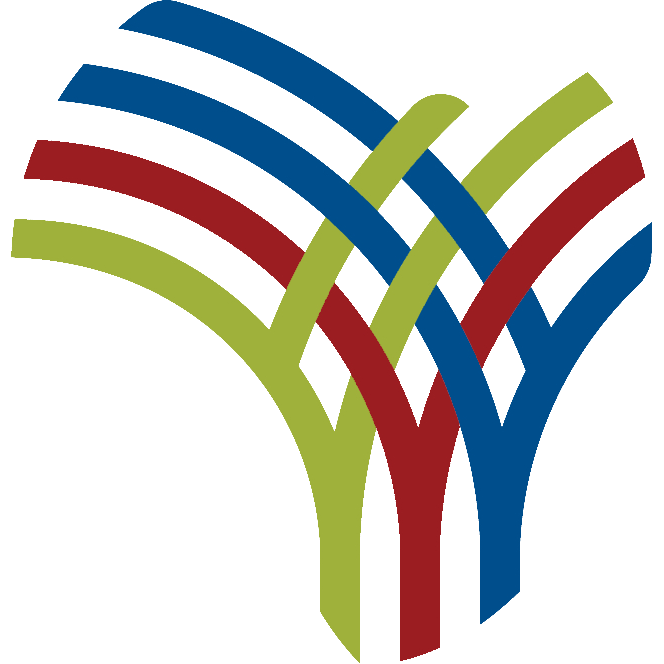Under the African Development Bank’s Youth Entrepreneurship Investment Banks (YEIB) Initiative, Microsoft is expanding its relationship with the African Development Bank to support Africa’s youth entrepreneurs.
Microsoft will collaborate with the bank through its African Transformation Office (ATO) to promote youth entrepreneurship ecosystems, create jobs, and significantly scale impact in Africa through digital inclusion.
By 2050, Africa’s young population is predicted to double, reaching 830 million. Although 10 to 12 million young people join the continent’s workforce each year, only slightly more than three million jobs are generated, implying that many individuals remain unemployed.
Youth entrepreneurship will help to solve the employment problem. However, a lack of investment, affordable access to finance, and quality company development services remain vital obstacles.
“We believe that by cooperating with the African Development Bank, we can drive more economic inclusion for this critical segment of the population, ultimately establishing a more prosperous society,” General Manager of Microsoft Africa Regional Cluster, Wael Elkabbany, said.
“We’ve already seen significant success collaborating on initiatives like Coding for Employment, which aims to empower millions of African youngsters with marketable skills, ultimately producing broadscale employment,” he added.
“The bolstering of our collaboration with Microsoft on the Youth Entrepreneurship Investment Banks (YEIB) is an important milestone in our journey towards harnessing Africa’s demographic dividend and fostering the creation of millions of jobs for young Africans by 2025,” Vice, president of the African Development Bank for the private sector, infrastructure, and industrialisation, Solomon Quaynor, said.
The project emphasises that young people are starting businesses, which is essential to meeting our lofty employment goals.
Through a public-private partnership model, the alliance aims to assist the creation of national institutions that will scale up financial and technical support for young entrepreneurs and increase their capabilities.
The African Development Bank created the Youth Entrepreneurship Investment Bank as a unique value proposition that integrates and anchors work to create African entrepreneurship ecosystems.
The bank will coordinate the necessary financial and non-financial parties and partners through this project to fulfil their responsibilities for supporting young entrepreneurs through mentoring, training, experience and knowledge exchange, and other means.
The Youth Entrepreneurship Investment Bank will implement a funding scheme, a loan guarantee scheme, and practical assistance programmes in collaboration with private sectors and partners to strengthen service providers to entrepreneurs. Related to policy support, it will lobby governments in favour of the changes to the business-enabling environment required to spur youth entrepreneurship.
Microsoft to provide key technology solutions
Microsoft will use its partner ecosystem, which spans 54 nations on the continent, to take action on critical technological advancements in four crucial areas. These include hardware, connectivity, digitisation for small-to-medium-sized businesses (SMEs), and skilling:
The cooperation will give young people access to learning materials and professional pathways to connect them to economic opportunities and employability skills.
This involves utilising already-established e-learning tools like Coding for Employment. Through the development of trainers, the project also intends to strengthen the ability of Enterprise Services Organizations, which will assist young people.
The alliance will create efficient infrastructure models to aid in closing the digital divide by leveraging popular connectivity options like Microsoft Airband. The direct or indirect investment will concurrently support other cutting-edge products on the market.
Sign up for free AllAfrica Newsletters
Get the latest in African news delivered straight to your inbox
By submitting above, you agree to our privacy policy.
Success!
Almost finished…
We need to confirm your email address.
To complete the process, please follow the instructions in the email we just sent you.
There was a problem processing your submission. Please try again later.
Digitisation of Small and Medium-Sized Businesses (SME)
By granting access to specialised learning content, accreditation, business solutions, business skills, and digital technical skills, the alliance also seeks to increase SME digital literacy and business capabilities. This will be promoted through skill-building initiatives like MS Learn and the Cloud Academy and a relationship with LinkedIn.
Microsoft agreements will also make it easier for SMEs with digital capabilities to access financing.
Microsoft and its partners will provide SMEs access to packaged hardware solutions. Additionally, Microsoft technology will be more affordable for SMEs.
The cooperation plays a significant role in Microsoft ATO’s ambition to empower 10 million SMEs through investments in skill-building programmes and initiatives and to build the infrastructure needed to expand and educate 30 million Africans in digital skills.
This content was originally published here.



